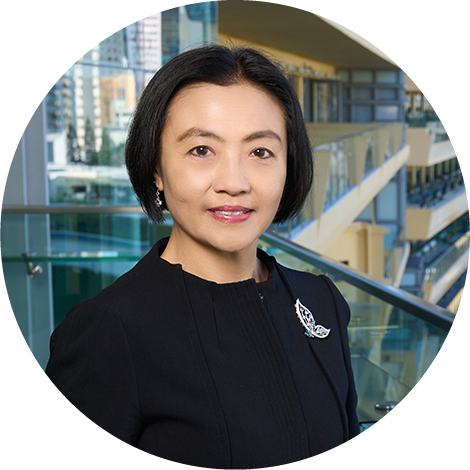
What is JC CoolScience?
Nurturing an interest in science from a young age is essential for building a strong foundation in science literacy and science practices. This foundation not only enhances their understanding of the world, but also empowers students to pursue future careers in STEM-related fields. In alignment with implementation of the Primary Science curriculum and growing emphasis on STEM education, JC CoolScience offers timely support and resources to primary schools and teachers.
JC CoolScience is a 4.5-year project launched in 2024, created and funded by The Hong Kong Jockey Club Charities Trust, in partnership with the Education University of Hong Kong. The Project builds upon the Trust’s longstanding commitment to education, in supporting the development of future-ready competencies and student agency in our next generation to tackle global challenges and drive innovation.
JC CoolScience will benefit 30,000 students from 120 primary schools. It will also support 500 teachers through professional development, “Advanced Teacher Fellowship” training, and Community of Practice activities, enhancing their readiness to deliver high-quality IBL.
What is Inquiry-based Learning (IBL)?
Inquiry-based Learning is a process where students inquire and build their knowledge and understanding of the world around them through science practices. It deepens students’ science understanding by encouraging them to be curious, ask questions, investigate answers and apply what they learn to real-world situations.
IBL is a hands-on, student-centered learning journey while teachers act as facilitators guiding students’ inquiry process. The cyclic process of scientific inquiry is broken down in detail below:
Phenomenon or Problem to Make Students Wonder
- Create interest and activate students’ sense of curiosity
- Set the scene by connecting students’ prior knowledge with new knowledge
Inquire and Explore
- Ask questions and brainstorm potential hypotheses
- Identify appropriate inquiry methods
- Record observed phenomenon through science practices
- Analyse and interpret data to identify patterns
Develop Sense-making in Science
- Analyse data to draw evidence-based conclusions
- Connect new information with what you already know to explain scientific concepts
Cyclic Process of Science Inquiry
- Generation of new knowledge will now be used as the basis to facilitate the understanding of other concepts
- Students’ science practices are strengthened to improve accuracy on future inquiry process
Project Components
Inquiry-Based Learning for Science
Curriculum Enrichment for Primary Science
Nurture students’ interest in science and learning motivation through structured IBL exposure.Field Trip Experience Enhancement
Connect classroom theory to real-world applications with IBL-led field trips. Upgrade facilities and programmes at popular destinations, especially science education centres, to support inquiry-based learning.
Science Engagement Activities For All
Inspire curiosity and wonder of science through a variety of interesting science activities such as science shows, competitions, hands-on science workshops, etc.
- Develop science teachers’ solid foundation on IBL pedagogy through professional development
- Broaden science teachers’ horizon on world-leading IBL teaching practices through overseas and Chinese Mainland study trips
- Nurture high-calibre and passionate science teachers to become sector change-makers in driving IBL pedagogy through Advanced Teacher Fellowship
- Build sector capacity and facilitate knowledge dissemination through peer coaching and mentoring, IBL activities development workshop, science expert sharing etc.










